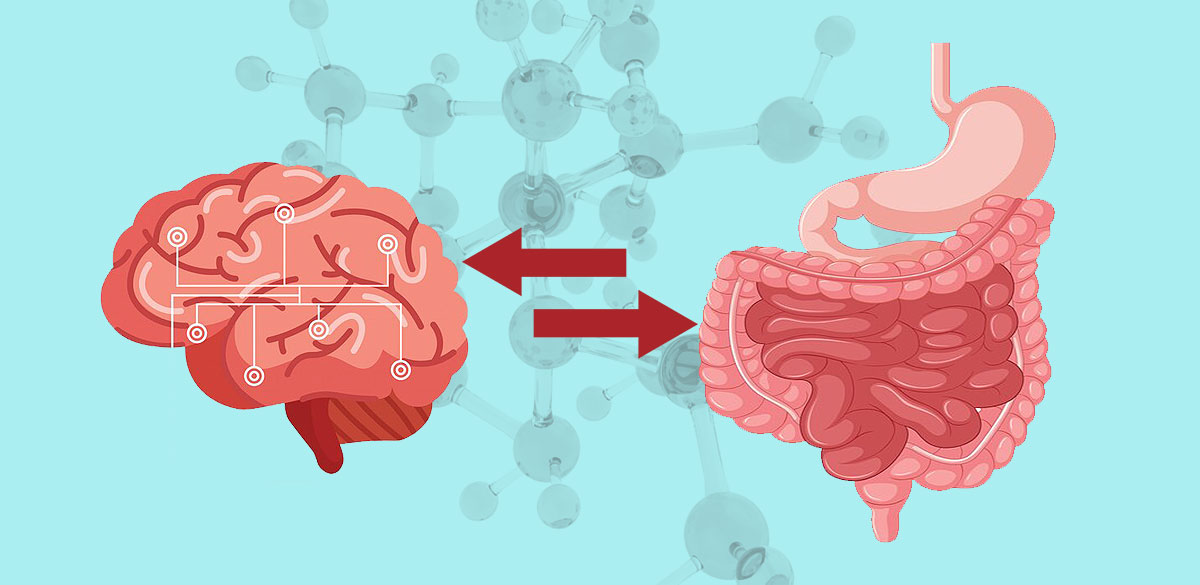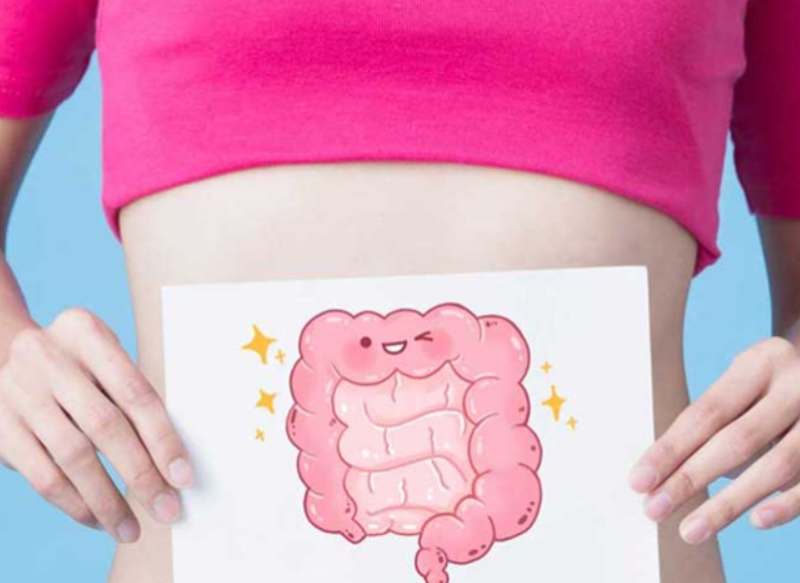In 2012, the American Gut Project was launched with the goal of learning more about the human microbiome, also known as “the gut.”
Researchers Jeff Leach, Ph.D., the Human Food Project’s founder, Rob Knight, Ph.D., from the University of California (UC), San Diego, and Jack Gilbert, Ph.D., the faculty director of the Microbiome Center at the University of Chicago in Illinois, set out to investigate potential connections between gut bacteria and a variety of health problems. Additionally, they were interested in learning where and how many different kinds of bacteria reside in our bodies, as well as how diet and lifestyle choices affect the makeup of these microbes.
The microbiome is a complex ecosystem of many bacterial species that inhabit our digestive system. Some of these bacteria are helpful, while others are harmful, but they all work together to create a microscopic world of activity that can either support or combat disease.
Researchers examined fecal samples sent in from all around the world, along with oral and skin samples of bacteria, and questioned the subjects about their food and way of life.
Public participation in research by providing their time and personal data for analysis is known as citizen science. In 2015, they got 15,096 samples from 11,336 individuals in the US, UK, Australia, and 42 other nations.#
Find out more about: How to Remove Mucus and Phlegm from the Throat and Chest
The scientific team examined a genetic marker called 16S rRNA, a protein exclusive to bacteria, using genomic sequencing.
First of all, scientists discovered that people who eat a larger variety of vegetables had more diverse microbiomes and less antibiotic resistance.
Additionally, they found that individuals with same bacterial profiles are more likely to experience the same health concerns, including mental health disorders like post-traumatic stress disorder (PTSD), schizophrenia, depression, or bipolar disorder.
As a result, regardless of gender, age, or location, those who reported mental health challenges shared more bacteria with others who also reported experiencing comparable issues.
Furthermore, a related recent study found a connection between anxiety and a deficiency in beneficial gut microbes, while another found that PTSD sufferers have changed levels of certain bacteria.
The American Gut Project’s scientific director, Daniel McDonald, PhD, of the UC San Diego School of Medicine, reported that their findings show that their project observed a much greater microbial diversity than earlier smaller studies; therefore, if they look at more populations, they expect to see more diversity, which will help them define the boundaries of the human microbiome and eventually aid in the treatment of various illnesses.
The sooner they can figure out the multiple ways the microbiome is connected to diverse health and disease states, said Dr. Rob Knight, the more samples they will receive.



